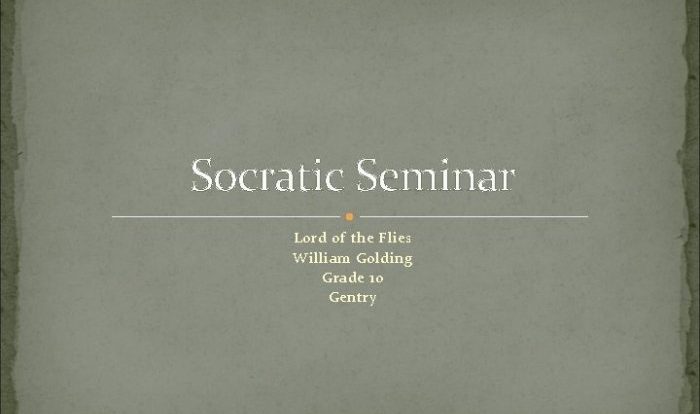Freedom writers discussion questions answers key – Introducing the Freedom Writers Discussion Questions and Answers Key, a definitive resource that unlocks the depths of the transformative Freedom Writers project. This comprehensive guide delves into the historical significance, key themes, character journeys, and literary techniques that have captivated readers and viewers alike.
Through engaging analysis and insightful commentary, this guide illuminates the pedagogical approaches that empowered students to overcome adversity and the profound social and cultural impact that continues to resonate today.
Topic: Overview of Freedom Writers

The Freedom Writers project emerged in 1994 at Woodrow Wilson Classical High School in Long Beach, California, amidst a racially and economically diverse student body.
Erin Gruwell, an English teacher, initiated the project as a response to the social tensions and racial divide within the school. By encouraging her students to write personal narratives, Gruwell aimed to foster empathy, promote self-expression, and challenge societal stereotypes.
The Freedom Writers’ diaries, letters, and poetry became a powerful testament to the transformative power of education. Their writings ignited conversations about race, poverty, and the importance of creating inclusive learning environments.
The Freedom Writers project gained widespread recognition in 1999 with the publication of the book “The Freedom Writers Diary,” which became a New York Times bestseller and inspired the 2007 film “Freedom Writers.”
The project continues to inspire educators and students worldwide, demonstrating the potential of education to bridge social divides and empower marginalized voices.
Key Themes in Freedom Writers
- Identity and Prejudice:The Freedom Writers’ narratives explore the complexities of identity formation in a society marred by racial prejudice and discrimination.
- The Power of Education:Education is depicted as a transformative force that can empower students to overcome obstacles, challenge societal norms, and pursue their dreams.
- Empathy and Understanding:The project emphasized the importance of empathy and understanding as essential elements for fostering positive relationships and bridging social divides.
- The Voice of the Marginalized:The Freedom Writers’ voices became a powerful force for social change, giving voice to the experiences and perspectives of marginalized communities.
Character Analysis, Freedom writers discussion questions answers key
- Erin Gruwell:A dedicated and passionate English teacher who believed in the power of education to transform lives.
- Students of Room 203:A diverse group of students who faced challenges such as poverty, racial prejudice, and gang violence.
- Eva Benitez:A Salvadoran immigrant who struggled with language barriers and cultural differences.
- Jamal Hill:An African American student who grappled with racial profiling and the complexities of his identity.
- Michelle Gruwell:Erin Gruwell’s sister, who worked as a social worker and provided support to the students.
Literary Techniques
- Diary Entries:Students’ personal narratives provided raw and intimate accounts of their experiences.
- Letters:Letters between students and Gruwell facilitated communication and fostered a sense of community.
- Poetry:Students expressed their emotions and perspectives through creative writing, using poetry as a form of self-expression and empowerment.
Pedagogical Impact
- Student-Centered Learning:Gruwell’s approach emphasized student voices and experiences, creating a classroom environment where students felt valued and empowered.
- Culturally Responsive Teaching:Gruwell incorporated students’ cultural backgrounds and experiences into her lessons, making learning more relatable and engaging.
- Collaboration and Community Building:The Freedom Writers project fostered a sense of community and collaboration among students, breaking down social barriers and promoting understanding.
Social and Cultural Significance
- Race and Poverty in Education:The Freedom Writers’ story highlighted the challenges faced by students from marginalized communities and the need for equitable access to education.
- Social Justice and Equity:The project sparked conversations about social justice, racial equality, and the importance of creating inclusive and equitable learning environments.
- The Power of Youth Voices:The Freedom Writers’ voices became a catalyst for social change, demonstrating the power of youth activism and the need to listen to the perspectives of marginalized groups.
FAQ Insights: Freedom Writers Discussion Questions Answers Key
What is the significance of the Freedom Writers project?
The Freedom Writers project was a groundbreaking educational initiative that empowered underprivileged students to overcome adversity through writing and self-expression.
How did the Freedom Writers impact education?
The Freedom Writers’ success demonstrated the transformative power of student-centered teaching, fostering critical thinking, self-esteem, and a passion for learning.
What are the central themes explored in the Freedom Writers story?
The story explores themes of identity, prejudice, resilience, the power of education, and the importance of social justice.
